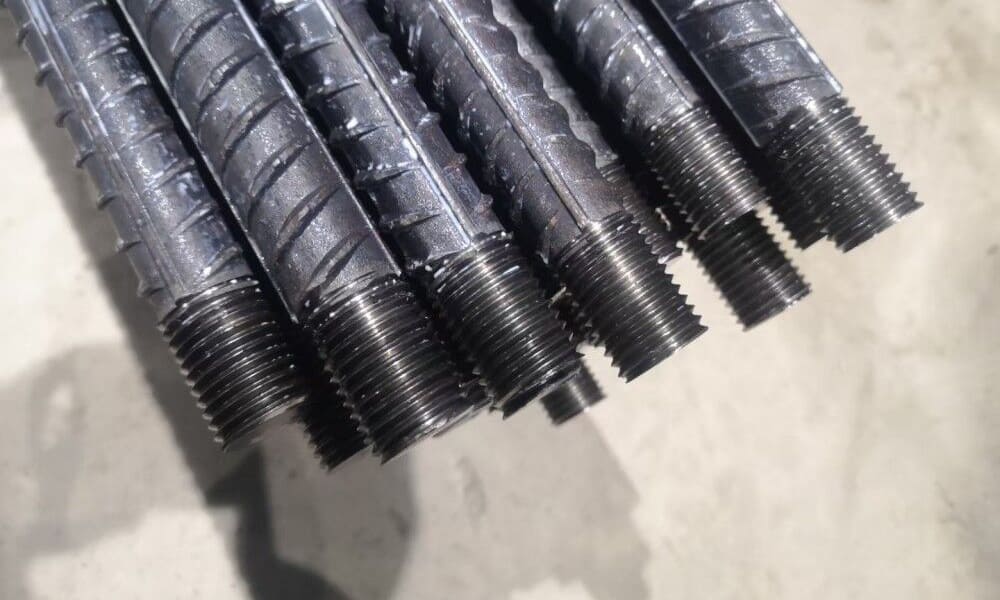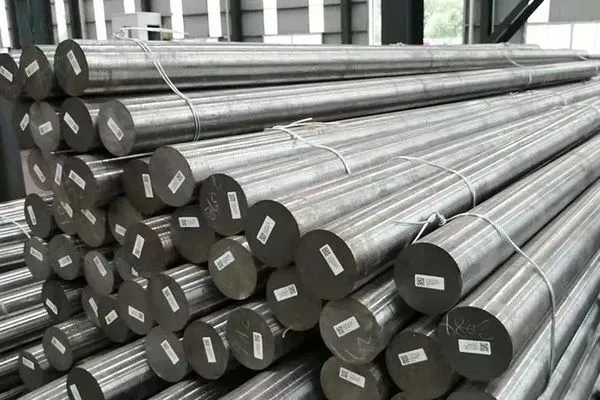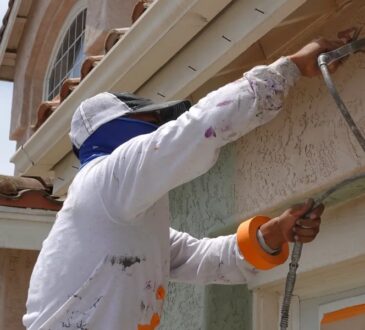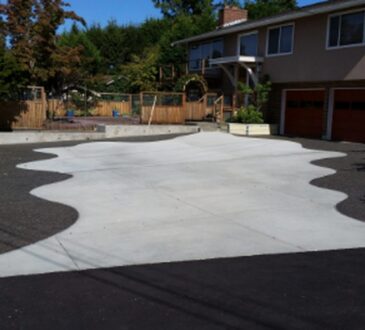
Creating a driveway, foundation or slab for a new project in Melbourne? Knowing which rebar (reinforcing steel) to choose is a decision that can’t be left up to chance. The diameter and strength of the rebar are concrete density dependent, and will determine how well your concrete structure will perform under load — especially where soil is reactive, and the weather hot.
And that’s why when you are in need of them, itself not a common situation, it is essential for you to deal with a trusted reinforcing bar supplier in Melbourne. Here’s a rundown on what you need to know when choosing rebar sizes for your next project.
Why Rebar Sizing Is Important
Rebar gives concrete the muscle it needs to handle stress. Concrete resists compression but, where tensile load is concerned, it’s a featherweight – and that’s where the reinforcing bars come in.
In Melbourne, where soil conditions can differ from street to street, the correct size of rebar helps prevent the concrete from cracking, sinking, or failing prematurely. The downside of this poor sizing could be structural problems requiring thousands of dollars to correct downstream.
Common Rebar Sizes
Rebar is generally sold in measurements of its diameter in millimetres by a reinforcing steel bar supplier. Some common choices include:
- N10 (10mm): To use under small paths, small garden beds or light slabs.
- N12 (12mm): Typical depth of anointing is for residential footings or typical driveways.
- N16 (16mm): Suits larger footings, retaining walls or multi-car driveways.
- N20 and over: Commonly used for heavy-duty commercial or industrial constructions.
For instance, a 50m² concrete driveway for vehicles or light trucks would generally require N12 or N16 bars at 400mm spacings.
Key Factors to Consider
- Project Load & Function
Is the slab intended for passenger cars, commercial truck traffic or heavy machinery? Lighter applications require skinnier bars; heavier loads, thicker steel. Always seek advice from a structural engineer when in doubt.
- Soil Type
The earth stretches and shrinks in Melbourne areas like Rowville and Cranbourne. That force can crack concrete — so in higher-risk locations, thicker rebar and closer spacing may be required.
- Climate Conditions
Rain, heat and even salty coastal air can have an impact on the concrete and the steel embedded within. If you’re building in the bayside areas such as Brighton, where salty bay airs may attack metals, you could also opt for rebar with rust resistant finishes such as epoxy-coated or galvanised.

Calculating How Much Rebar You’ll Need
A 100m² slab might take 250–300m of rebar, depending on spacing. Rebar Calculator can help, as can advice from your supplier, so you don’t over-order or run short mid-project — inefficient problems to have.
Installation Tips for Best Results
- Use bar chairs to allow the rebar to sit above the ground (typically 30–50mm gap)
- Place bars over a framing structure
- For optimal strength, centre the steel into the concrete.
You should use licensed tradies to carry out installation. Rebar reinforcement, when done right, can add decades to the life of your structure.
Why Quality Supply Matters
That’s where finding a reliable reinforcing steel bar supplier is essential who can provide top quality and AS 4671 approved products. Your project relies on second-rate steel. If you don’t want to settle for second-rate steel then you need to contact Texas Iron & Metal.
Build with Strength and Confidence
Selecting the right rebar diameter from a reinforcing bar supplier Melbourne preserves your build from difficult soils and weather. Size the rebar for durability and safety which will ensure that Rebar Sizing is not neglected and hire only experienced professionals. Begin with a supplier you can trust, and your next slab, driveway — whatever you’re going for — will stand the test of time.




